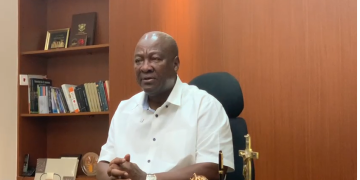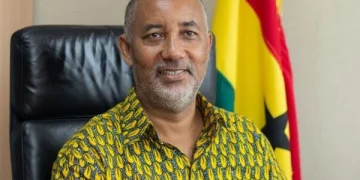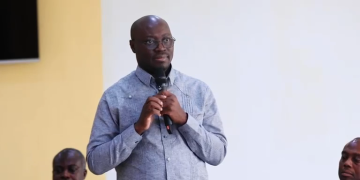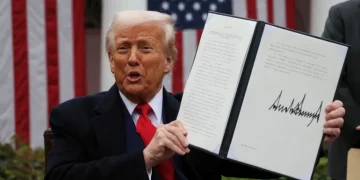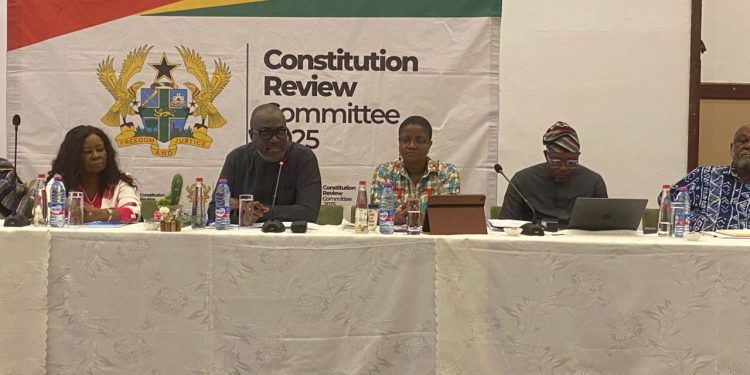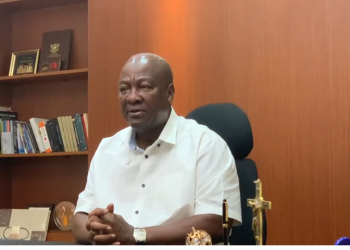Chairman of the Constitutional Review Committee, Professor H. Kwesi Prempeh, has underscored the urgent need for broad national consensus to ensure the successful implementation of the ongoing constitutional review process.
According to him, the lack of consensus was the major reason previous constitutional review efforts, including the one initiated under former President Atta Mills, failed to materialize despite extensive consultations and recommendations.
President John Dramani Mahama, at the start of his second term, also established a similar committee to gather nationwide views on the continued relevance and effectiveness of Ghana’s 1992 Constitution.
However, concerns remain over whether the current process will face the same fate, as past efforts were ultimately shelved and unimplemented by successive governments.
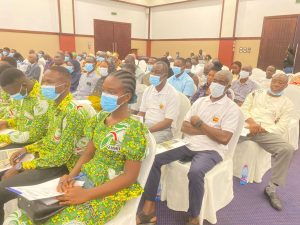
Speaking during a sitting of the committee in Takoradi, Prof. Prempeh noted that although it has been 14 years since the last major review process, Ghanaians must understand that constitutional reform is not just a legal or technical undertaking — it is fundamentally a political process.
“Sure, it’s been on the shelf for 14 years,” he acknowledged, “but we also have to understand that the constitutional review process, ultimately, is a political process.”
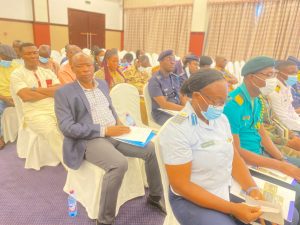
He explained that even after committees complete their work and submit reports, the path to implementation requires strong political cooperation.
“Once we are done — just as the last commission — with these engagements and we write our report, the process requires bipartisan consensus,” he stated.
Prof. Prempeh detailed the challenges involved in amending different parts of the constitution:
“To amend a non-entrenched clause, you need two-thirds of votes in Parliament. But to amend an entrenched clause, you have to go to a referendum, where at least 40% of registered voters must turn out — and of those, 75% must vote ‘Yes’ to pass it.”
He lamented that even this basic parliamentary threshold has been elusive over the years.
“In the last 14 years, has there even been a bipartisan opportunity even for the non-entrenched clauses?” he questioned. “You can have the constitutional review report, but if there’s no opportunity to build consensus around the proposals, you can’t do anything.”
Citing a missed opportunity in 2019, Prof. Prempeh recalled efforts to reform local governance structures.
“We had a chance in 2019 to pass two proposals: one was to vote for MMDCEs which had already started in Parliament because it’s non-entrenched and the other was to allow political parties to participate in local government elections, which is entrenched.”
“But those proposals did not proceed because they couldn’t even get the needed two-thirds in Parliament,” he added.
Despite past setbacks, Prof. Prempeh remains optimistic that this current review process could be different, especially if the political will and public support are aligned.
“This time around, I think there is that momentum,” he concluded.
Source: www.kumasimail.com


